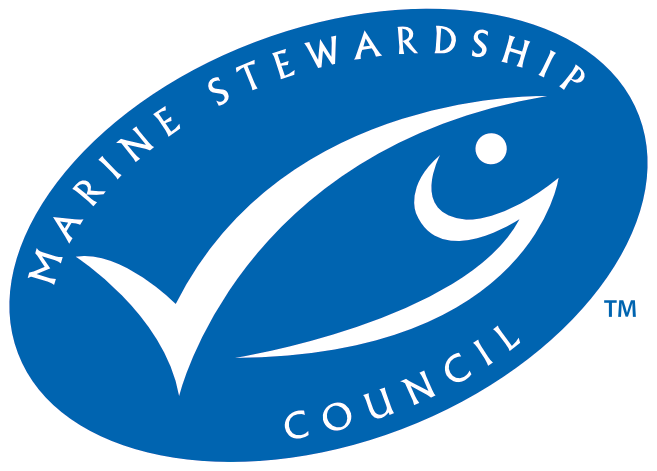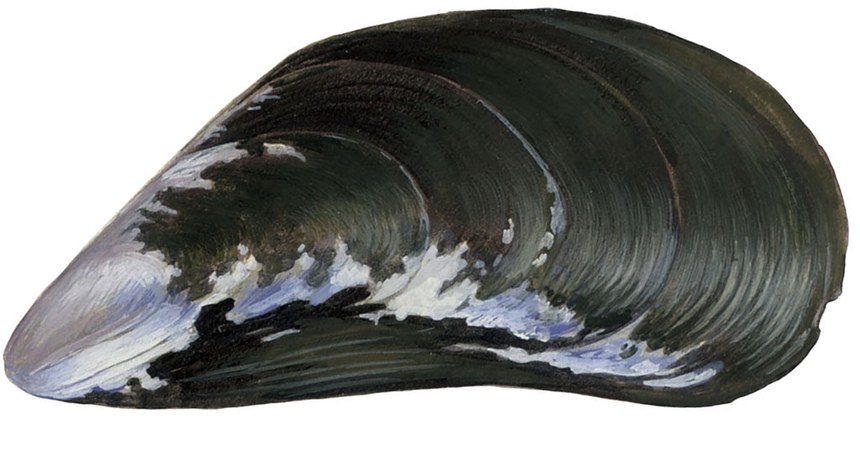
- Certifier :
- MRAG Americas, Inc.
- Certified status :
- Certified
- Certified since :
- 24 Oct 2016
- Certificate expires :
- 01 Jun 2027
Overview
Fisheries are composed of one or more parts, each of which is entitled to receive an MSC certificate. These parts or “units” are defined by their target stock(s), fishing gear type(s) and if relevant vessel type(s), and the fishing fleets or groups of vessels.
When the term “Unit of Certification” is used for fishing units that are in assessment, it refers to the “Unit of Assessment” or “Unit of potential certification”. Expand a status below to view the parts that form this fishery. To check the detailed scope, download the latest certificate or open the Assessments page to get the latest report. Find out more by visiting our page on Fisheries
Catch by Species
| Species | Reported Catch Year | Metric Tonnes |
|---|---|---|
| Blue mussel (Mytilus edulis) | 2025 | 16.8 |
Information is provided by an independent Conformity Assessment Body as live weight (the weight of species at the time of catch, before processing) and where a fishing season covers multiple years, the end year is given as the reported catch year. Additional information is available in the latest report, see the assessments page.
About this Fishery
This fishery is in the German part of the Wadden Sea around Schleswig-Holstein and Flensburger Innenforde. Eight vessels harvest blue mussels (Mytilus edulis) from inside the Schleswig-Holstein Wadden Sea National Park, with one working outside conservation areas.
Two production systems are used in the blue mussel harvest, which mostly takes place from July to February each year: seed mussels are dredged from wild mussel beds then relayed to culture plots to grow; and spat/seed collectors are used as settlement substrata for larval mussels which are then also relayed to culture plots. They are harvested by dredge.
Blue mussels play an important role in the marine ecosystem, feeding on suspended matter and cleaning the water – each mussel filters two to three litres per hour. Mussel beds also provide important food and habitat for many other organisms.
Mussel (Mytilus edulis) image © Scandinavian Fishing Year Book
Market Information
Most of the mussels are sold fresh. Belgium is the largest market, along with Germany, France and the Netherlands. There is some export to Southern Europe and Asia. There is a small cooked market, mostly for Southern Europe.
In 2014, 3,427 tonnes were harvested in this fishery.
